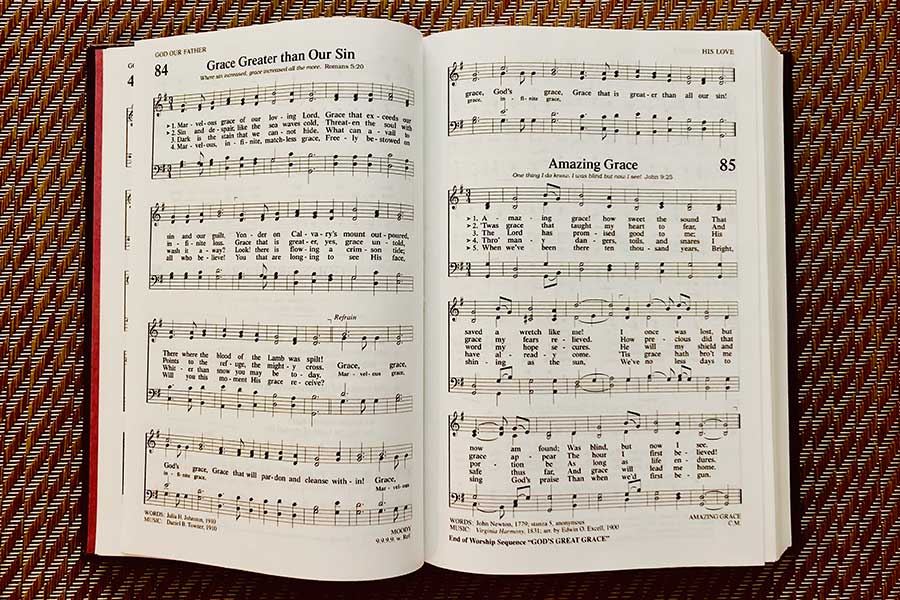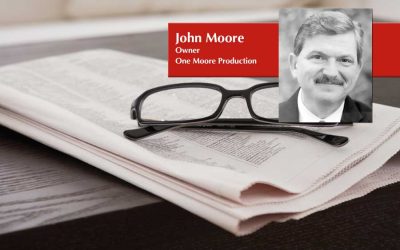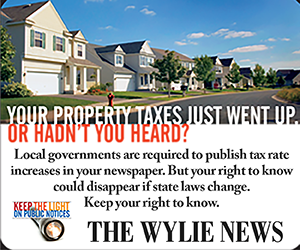 By Lee Hamilton
By Lee Hamilton
Our representative democracy depends on voters developing discriminating judgments about policies and politicians. They can’t do that if vital information is withheld from them.
For the last few years, I’ve been keeping a file of clippings about the erosion of transparency and candor in government. I’m sorry to report that it’s getting rather full.
This is not a good thing. Public officials should feel strongly obliged to do their business in an open and upfront manner. When you hold public office, the presumption ought always to be in favor of the people’s right to know what’s going on. If you don’t want to be open to scrutiny, then the burden surely has to be on you to say specifically why that’s necessary.
This doesn’t seem to be a commonly held view in Washington these days, though the precedent for non-disclosure is bipartisan. News conferences have been rare for Mr. Obama and Mr. Trump. During the George W. Bush administration the NSA was wiretapping Americans’ overseas communications based on legal justifications that were withheld from the public. Under the Obama administration, the Justice Department pushed to compromise a fundamental principle under which federal agencies made public their rationale for how they interpreted and administered the law.
The current administration has made policy-making more secretive than ever. President Trump refuses to release his tax returns, making it impossible for Americans to know whether his actions also happen to affect his financial bottom line. There have been constant attempts to draw a curtain over possible ties between Trump aides and Russia. The secretary of state talks about shifting policy toward North Korea — but gives no indication of what that policy is. The President has promised to rip up the Iran nuclear agreement, but has not done it and doesn’t tell us what his policy toward Iran is.
Vice President Pence has said all options are on the table with regard to Syria and that its conduct “cannot be tolerated,” but the administration is mum on what that actually means for strategy. Indeed, when asked his Syria intentions by reporters, President Trump responded, “I’m not going to tell you.”
This attitude is especially worrisome when it comes to foreign policy — where robust public debate over policy serves our national interests. Yet Secretary of State Rex Tillerson traveled to Beijing, Seoul and Tokyo for key meetings without a press accompaniment, went for weeks without holding a press conference, and has yet to deliver a speech outlining U.S. policy in any detail. He says, “I’m not a big media press access person.” Yet, he is officially our face both at home and abroad on relations with allies and rivals, and we don’t actually know what policies he’s pursuing.
There are legitimate secrets and reasons for non-disclosure, of course, and I’m confident that most Americans understand that they’re sometimes necessary. When public officials state occasionally that they cannot speak to a given question and lay out the reasons why, people tend to accept it.
All too often, though, classification and obfuscation are used to avoid debate and scrutiny for political reasons — or to protect bureaucrats or public officials whose actions simply could not hold up under the light of rigorous scrutiny. That’s why leaks, as much as presidents and cabinet members decry them, can be so important: that’s how we learned about the Watergate scandal; about the sale of weapons to Iran in Iran-Contra; about the torture we conducted at Abu Ghraib; about the NSA’s spying. And it’s why financial disclosure at every level, from the presidency to city hall, matters.
For in the end, people need to know what policymakers are doing and why. And policy makers need to respect the interest and the intelligence of the voters, and heed their obligation to the voter for candor and disclosure. Our representative democracy depends on voters developing discriminating judgments about policies and politicians, and they can’t do it if vital information is withheld from them. In a democracy like ours, it’s the height of disrespect for public officials to keep their actions and thinking cloaked.
There’s no reason for the public to brook such disrespect. We need to demand open communication, straight talk, and more complete disclosure of information. We need to expect that our public officials will do their business in public — and that if they can’t, they’ll explain clearly to us why not. This is our democracy. Let’s treat it that way.
Lee Hamilton is a Senior Advisor for the Indiana University Center on Representative Government; a Distinguished Scholar, IU School of Global and International Studies; and a Professor of Practice, IU School of Public and Environmental Affairs. He was a member of the U.S. House of Representatives for 34 years.
For more columns each week subscribe to our print and e-edition here.

















0 Comments